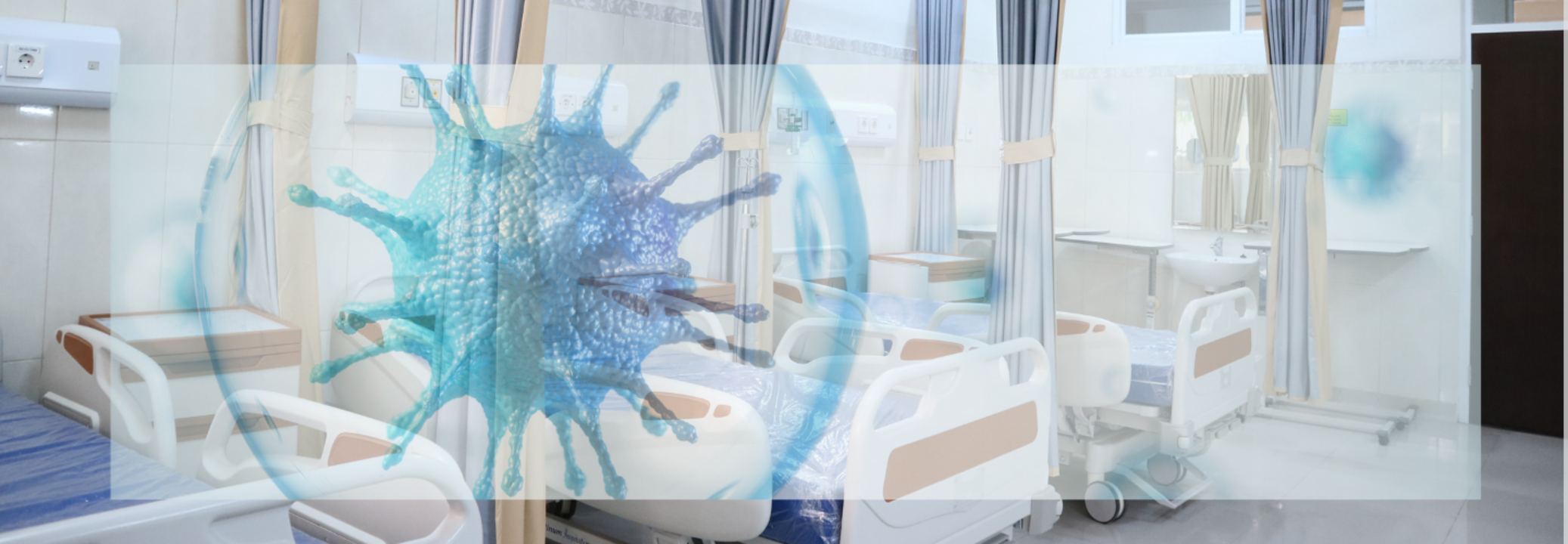Rising Norovirus Cases In UK Force NHS To Shut Wards; What You Can Do to Stay Safe?

SummaryNorovirus cases in the UK are surging, forcing NHS hospitals to close wards. The virus is highly contagious, spreads rapidly, and poses severe risks to vulnerable groups like children and elderly.
End of Article
